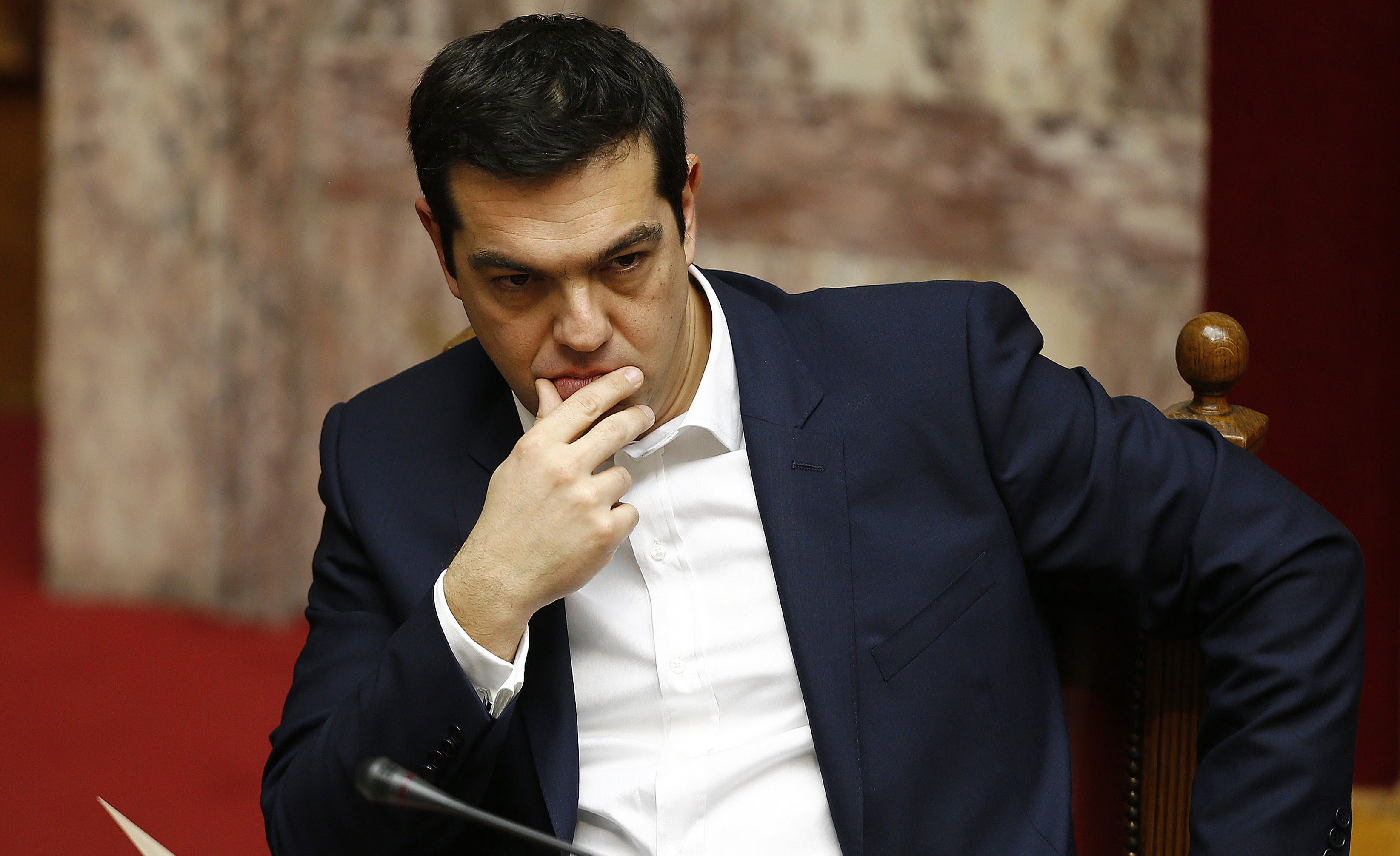Withdrawal limitations, cross-country strikes and colossal financial problems are the modern reality of a newly developing nation of Greece, which lost its ‘developed nation’ status back in 2013. The never ending fallout has begun with world’s financial crisis of 2008 when the whole world and Europe in particular faced sudden problems of previous exponential growth.
To Greece, the growth was more than just a development or prosperity issue, it was the luck of influence across Europe. In 2008 Greece was the main investor to the most of neighbouring Balkan countries, main shares of banks and development corporations were in hands of Greeks. Domestically, Greece was one of the most employed nations in EU, welcoming additional migrant workers to increase the labour pool.
In comparison, the picture reminds us of the Asian crisis of ‘97 when sweetness and light of exponential growth first slowed in Thailand, to create the needed pause before the big panic, which then hit the whole region of South-East Asia with bankruptcies of the huge companies and millions of abruptly unemployed.
In contrast, Greece falling deeper into debts cannot devalue own currency but instead, it can devalue Euro and so it has. In 2014 alone the fall of Euro to USD was so significant that Germany and France as a leading forces in the EU, could not wait for the fall to hit its floor and developed all possible ways out, fixing minor financial problems of other EU member countries like Spain and Portugal on the way. One such solution, similarly to Thailand, Korea and Indonesia back in ‘97, was to borrow more from IMF, which is now to be decided by Greeks in referendum, since IMF money means social cuts for the citizens.
 Here in Malaysia the crisis of ‘97 was reduced to the minimum by restricting the inter border currency flow, in the case of Euro system Greece can only cut the domestic cash flow. This is not the most powerful tool, thus things so far might get worse. This fact urged not only European authorities to make public statements of possible results but even the Malaysian government, since it might have the global effect.
Here in Malaysia the crisis of ‘97 was reduced to the minimum by restricting the inter border currency flow, in the case of Euro system Greece can only cut the domestic cash flow. This is not the most powerful tool, thus things so far might get worse. This fact urged not only European authorities to make public statements of possible results but even the Malaysian government, since it might have the global effect.
The only positive note, the industry in Greece contributing about 40% of GDP and yet having growth possibilities is tourism. Greece is always among the first places British and Germans prefer to go for vacation and this slice of pie Greece is not willing to share with other European countries. Besides, lots of tourist agencies across Greece are arguing at the moment to introduce the “all-inclusive” service, which is also in favour of East European tourists. This definitely will multiply the growing number of tourist arrivals and industry income. Will there be a possibility to invest and restore the trust into Greek economy? It has all the potential.
After all, Greece has a history of falling into pieces and rebuilding itself. The last case was in 70s when the annual growth was minimum 7%, it was the economic miracle of the day. How this will happen this time around we are yet to witness. Will Greece be reduced to an all European dream land for tourism? It might make some people richer but will it be the engine for the new total rebuild of Greece?
Part 1 of The Malaysia Global Business Forum’s series on the Greek Crisis which will look at the situation as it unfolds. Contributed by Sergey Ivankov is an associate researcher for Malaysia Global Business Forum and commentator on the socio-economic dynamics of global change.





